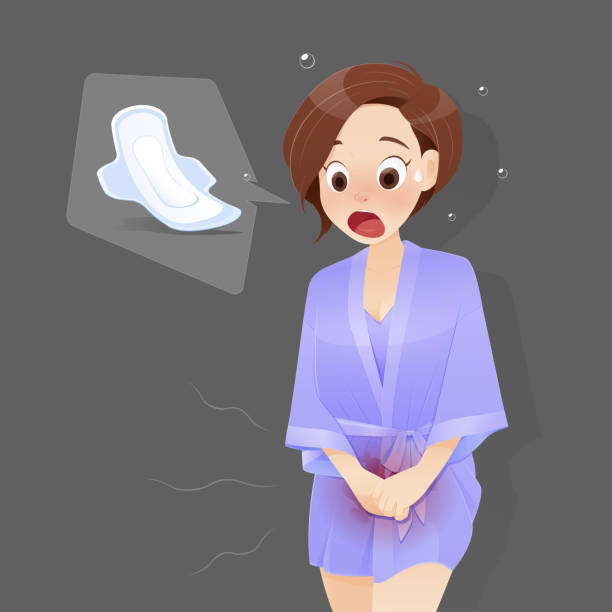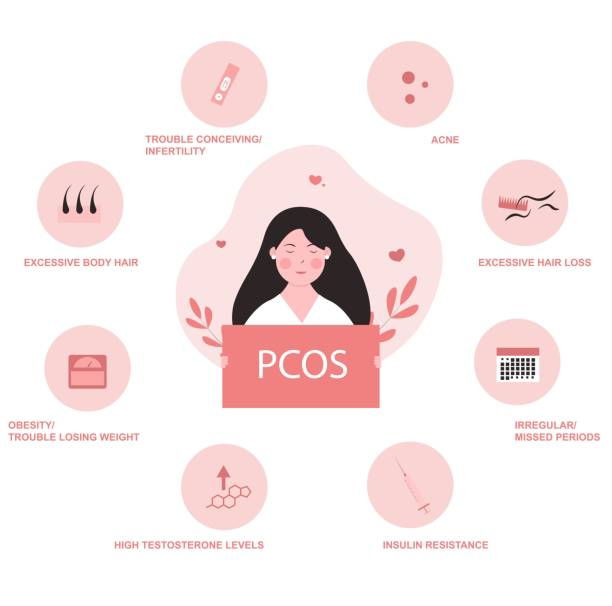Menstrual Irregularities: What To Do If Your Cycle Is Shorter, Longer, Or Otherwise Unusual
Menstrual cycles are a natural part of a woman's reproductive health. However, it's not uncommon for women to experience menstrual irregularities, such as cycles that are shorter, longer, or otherwise unusual. In this blog post, we will explore some of the possible causes of menstrual irregularities and what you can do if you're experiencing them.
What is a normal menstrual cycle?
A normal menstrual cycle lasts between 21 and 35 days, with an average of 28 days. However, it's important to note that every woman's menstrual cycle is different and can vary in length from month to month.
Menstrual cycles are controlled by hormones that regulate the growth and shedding of the uterine lining. If an egg is not fertilized, the lining of the uterus is shed, resulting in menstruation.
Causes of menstrual irregularities
There are many factors that can contribute to menstrual irregularities, including:
1. Hormonal imbalances: Hormonal imbalances can affect the regularity of your menstrual cycle. Imbalances in estrogen and progesterone can cause shorter or longer cycles, irregular bleeding, and other menstrual irregularities.
2. Polycystic ovary syndrome (PCOS): PCOS is a hormonal disorder that affects the ovaries and can cause irregular periods, heavy bleeding, and other menstrual irregularities.
3. Thyroid disorders: Thyroid disorders can affect the production of hormones that regulate the menstrual cycle and can lead to menstrual irregularities.
4. Stress: Stress can affect the hormones that regulate your menstrual cycle, causing irregularities or changes in your cycle.
5. Medications: Some medications, such as hormonal contraceptives and certain antidepressants, can affect the regularity of your menstrual cycle.
What to do if your cycle is shorter, longer, or otherwise unusual
If you're experiencing menstrual irregularities, it's important to talk to your healthcare provider to determine the underlying cause and to develop a treatment plan. Here are some things you can do:
1. Keep track of your menstrual cycle: Keeping track of your menstrual cycle can help you identify any irregularities or changes in your cycle. You can use a calendar or a menstrual cycle tracking app to record the start and end of your period, as well as any symptoms you experience.
2. Maintain a healthy lifestyle: Maintaining a healthy lifestyle can help regulate your menstrual cycle. This includes eating a balanced diet, getting regular exercise, and getting enough sleep.
3. Manage stress: Stress can affect your menstrual cycle, so it's important to find ways to manage stress. This may include practicing relaxation techniques, such as meditation or yoga, or talking to a therapist.
4. Consider hormonal contraceptives: Hormonal contraceptives, such as birth control pills, can help regulate your menstrual cycle and reduce menstrual irregularities.
5. Treat underlying medical conditions: If your menstrual irregularities are caused by an underlying medical condition, such as PCOS or a thyroid disorder, your healthcare provider may recommend medication or other treatments to manage the condition.
Conclusion:-
Menstrual irregularities are common and can be caused by a variety of factors. If you're experiencing menstrual irregularities, it's important to talk to your healthcare provider to determine the underlying cause and to develop a treatment plan. By keeping track of your menstrual cycle, maintaining a healthy lifestyle, managing stress, considering hormonal contraceptives, and treating underlying medical conditions, you can help regulate your menstrual cycle and reduce menstrual irregularities.














